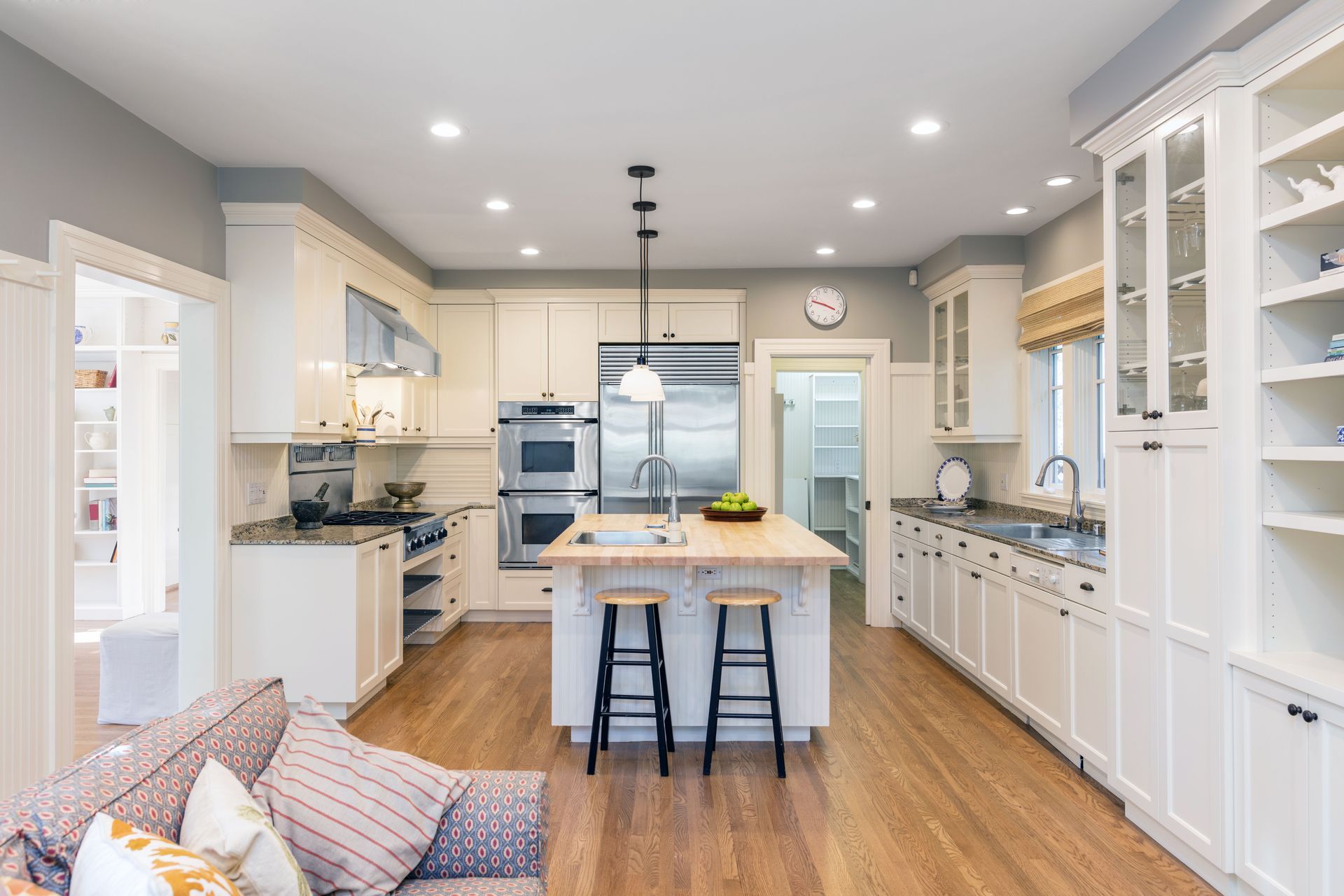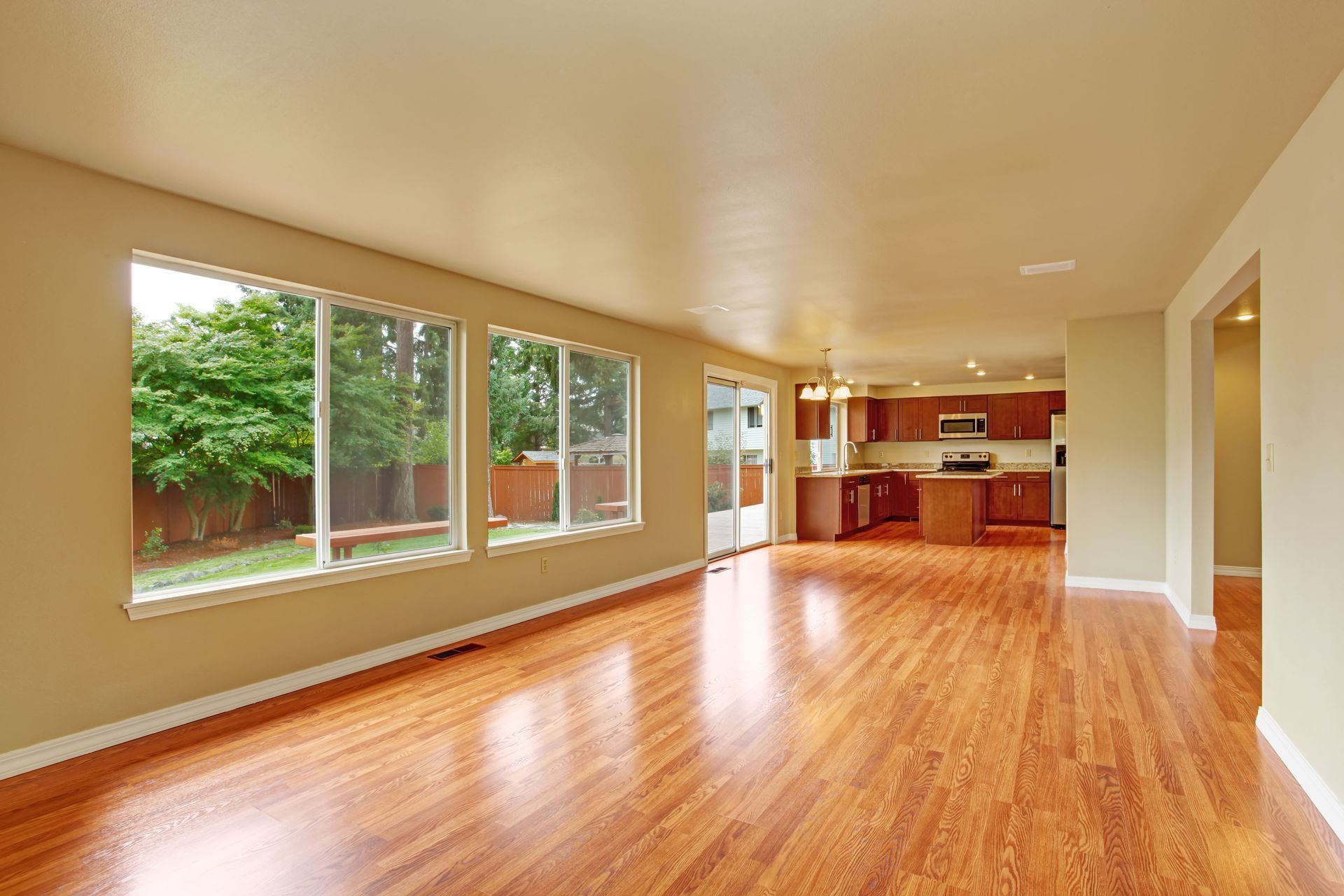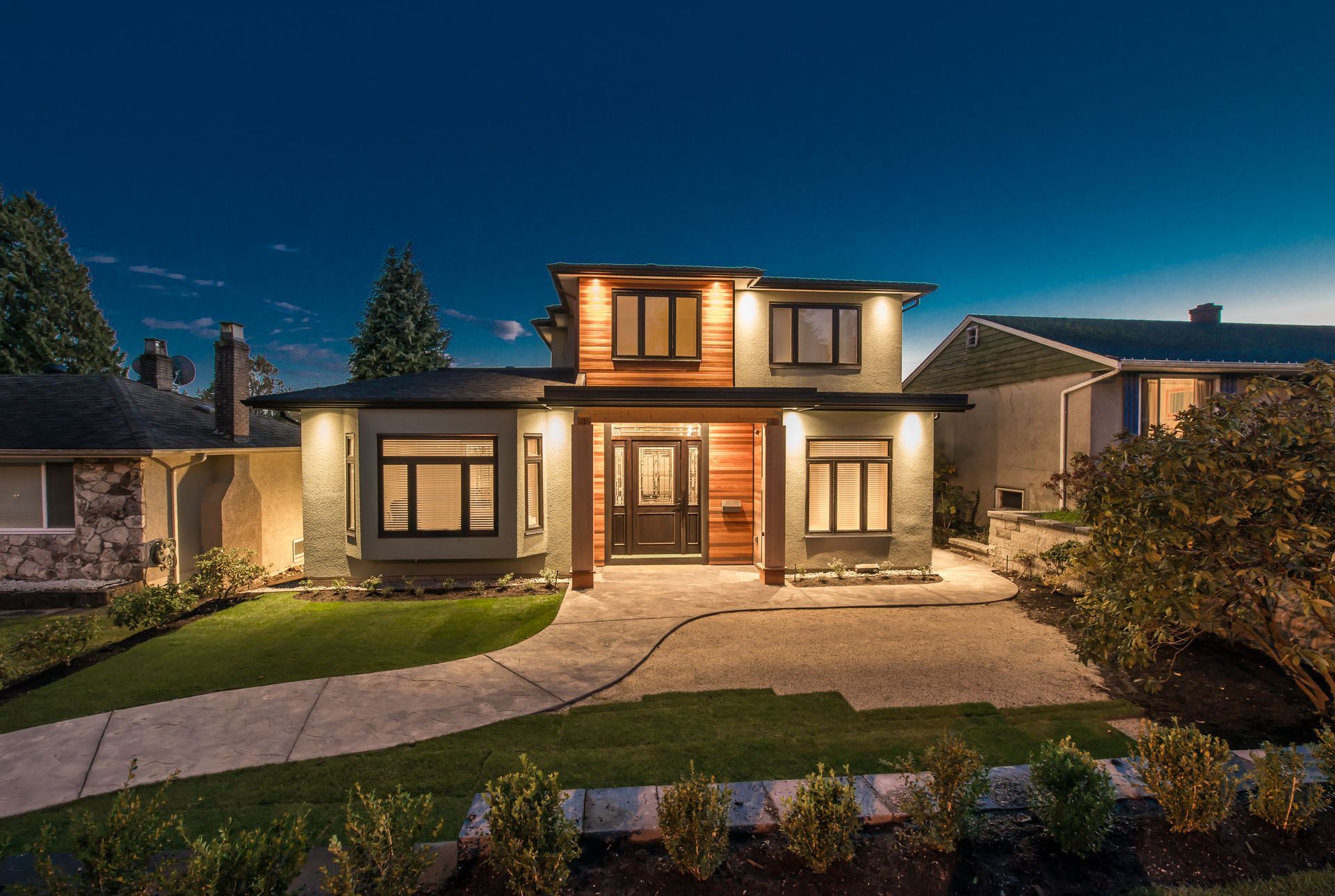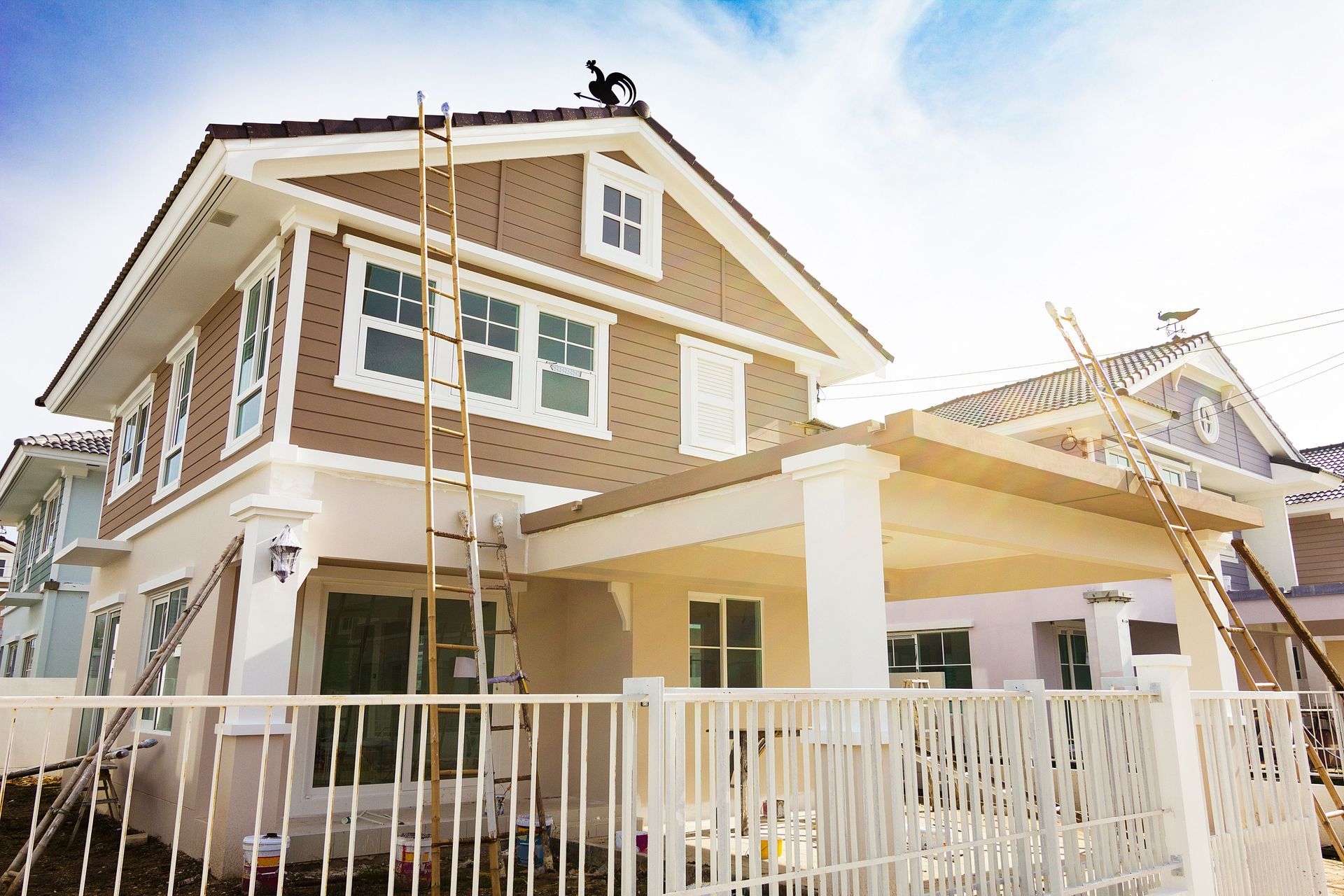Understanding the Materials Custom Home Builders Use
Building a custom home is an exciting journey that allows you to tailor every aspect of your living space to your tastes and needs. To make informed decisions during this process, it's crucial to understand the materials home builders rely on to create structurally sound and visually appealing homes. Each material plays a significant role in ensuring the quality, durability, and efficiency of your new home.
Concrete for the Foundation
Concrete is the backbone of any custom home's foundation. Whether your home is built on a slab, crawl space, or full basement, concrete provides the durability needed to support the structure. Its ability to withstand environmental stresses makes it a preferred choice for home builders. A well-prepared foundation ensures long-term stability and protects your home from settling or shifting over time.
Wood and Steel for Framing
Framing forms the skeleton of your home, and home builders typically use either wood or steel. Wood is a popular choice because it is cost-effective, easy to work with, and readily available. Steel, on the other hand, offers greater strength and resistance to warping or pests, making it a good option for homes in areas prone to extreme weather. Both materials ensure a solid structure that can accommodate your home's layout and design.
Wiring for Electrical Systems
Electrical wiring is an essential element of any custom home. According to Forbes, you'll need approximately 1 foot of wiring per square foot of living space in your home. This requires careful planning during the framing stage to ensure the electrical system is seamlessly integrated. Using high-quality wiring materials ensures safety, reliability, and the capacity to handle modern electrical demands.
High-Quality Windows and Doors
Windows and doors significantly impact your home's energy efficiency and aesthetics. Double- or triple-paned glass and materials like fiberglass or insulated steel are excellent choices for reducing energy loss while maintaining style. Selecting durable, well-crafted windows and doors can enhance natural light, improve ventilation, and add to your home's overall appeal.
Insulation for Comfort and Efficiency
Effective insulation is vital for maintaining a comfortable temperature inside your home year-round. Materials like spray foam, fiberglass, and cellulose are commonly used by home builders to reduce heat transfer, lower energy bills, and improve soundproofing. Insulation plays a key role in making your custom home energy-efficient and sustainable.
When building your custom home, understanding the materials home builders use can help you make informed decisions that enhance your home's quality and design. From concrete foundations to energy-efficient insulation, each material serves a unique purpose in creating a home that's not only functional but also beautiful and long-lasting. Ready to build your dream home? Contact our expert home builders at Fairfield Homes, Inc today to discuss how we can bring your vision to life with the highest quality materials.

serving
Arlington Heights, IL
Mt. Prospect, IL
Glenview, IL
and surrounding areas
Business Hours
- Mon - Fri
- -
- Saturday
- -
- Sunday
- Closed
After Hours by Appointment







Share On: